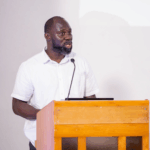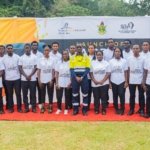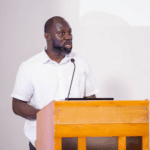
The Director for Research at the Centre for Biodiversity Conservation Research (CBCR), Kofi Amponsah Mensah, has called for greater regional cooperation, improved funding, and stronger policy support to enhance biodiversity monitoring and protected area management across West Africa.
He made the appeal at a workshop held at the University of Ghana, Legon, on Wednesday, November 27, on the theme: “Sharing Lessons and Best Practices in Biodiversity Monitoring for Protected Area Management in West Africa.”
The workshop brought together park managers from Ghana’s national parks, representatives from conservation NGOs, academia, and government agencies, as well as invited participants from Liberia, Nigeria, and Sierra Leone.
According to him, the event, aimed at sharing lessons from CBCR’s recent biodiversity monitoring project and explore ways to strengthen evidence-based conservation across the sub-region.
Over the past four years, CBCR, in collaboration with the IUCN Species Survival Commission’s Species Monitoring Specialist Group (SMSG), implemented the project “Expanding the Use of Innovative New Technologies to Enhance Protected Area Management in Ghana.”
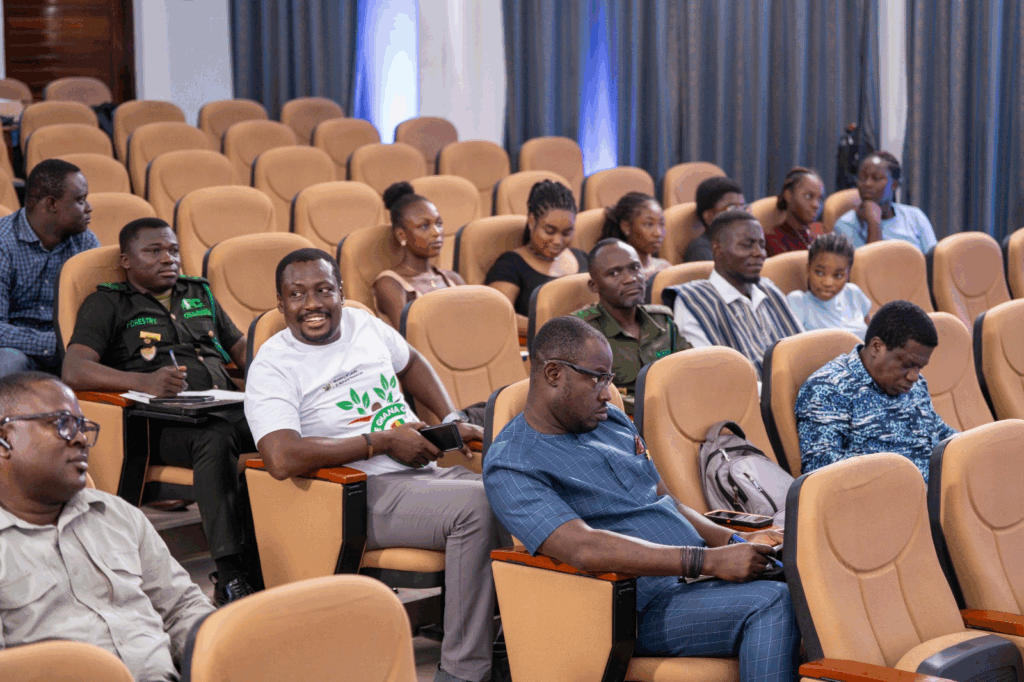
The initiative introduced modern monitoring tools including camera traps to the Ankasa/Nini Suhien Conservation Area and Digya National Park, while building the capacity of wildlife officers to collect and use ecological data more effectively.
Reflecting on the project’s origins, Mr Mensah noted that many parks in Ghana and the wider region lacked standardised systems for data collection.
“We realised that although parks do collect some data, the systems are often not systematic or repeatable. In some cases, there are no data collection models at all,” he explained.
“This project sought to test monitoring approaches that can improve both data availability and its use in decision-making for protected area management.”
He also noted that CBCR held a similar meeting at the end of the project’s first phase, which focused mainly on challenges within Ghana.
However, this year’s workshop was expanded to include representatives from neighbouring West African countries in recognition of shared conservation challenges.
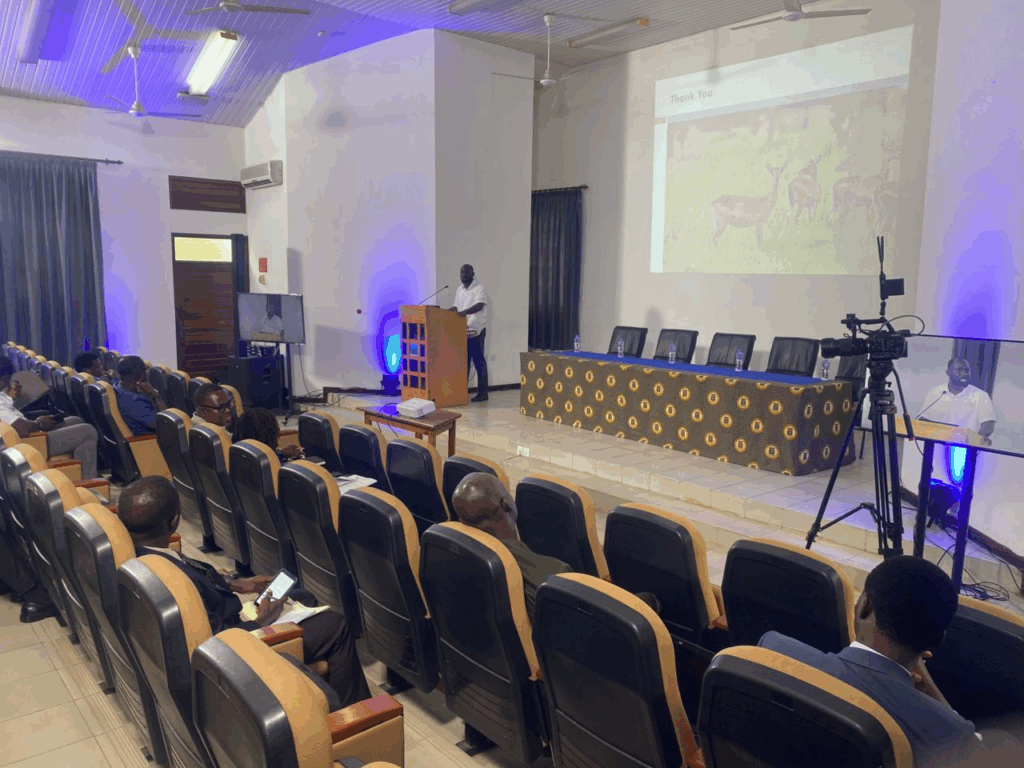
“A lot of the issues are not country-specific. They cut across the sub-region, and in some cases they are global,” Mr Mensah observed. “Bringing colleagues from Liberia, Nigeria, and Sierra Leone allows us to learn from one another and explore how we can work together to improve biodiversity monitoring across West Africa.”
He emphasised that collaborative learning and coordinated monitoring systems are essential for managing wildlife populations and ecosystems that span national borders.
Mr Mensah highlighted the urgent need for stronger governmental commitment to biodiversity conservation.
While institutions such as the Ministry of Environment, Science, Technology and Innovation (MESTI) and the Wildlife Division exist to safeguard Ghana’s environment, he noted that they remain significantly under-resourced.
“Protected area staff have the capacity and the willingness to work, but they lack basic resources,” he said. “Government must provide stronger financial backing, stronger laws, and better support for addressing wildlife crimes.”
He stressed that protected areas are the “last resort” for preserving natural ecosystems, yet they continue to suffer from chronic funding and equipment gaps.
Mr Mensah praised the critical role NGOs play in biodiversity conservation and community engagement.
“If you look at the research space, a lot of the scientific work is coming from NGOs,” he said. “They serve as a strong link between communities and biodiversity, and many community-led projects depend heavily on their involvement.”
He urged national authorities to create enabling systems that allow NGOs to continue contributing meaningfully to conservation efforts.
The Director expressed concern that many parks in Ghana and across West Africa remain technologically behind, even as other regions adopt advanced monitoring tools.
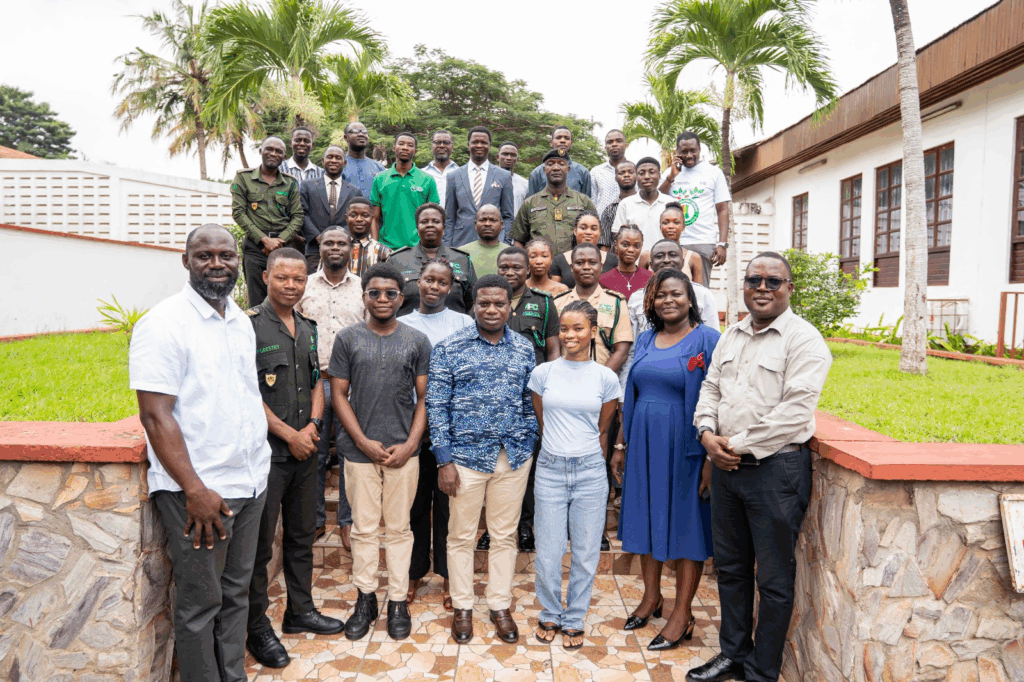
“Elsewhere, people are far ahead with technology that makes data collection easier and more accurate. Unfortunately, we are still lagging behind,” he remarked.
He added that addressing technical capacity and equipment shortages is essential for improving biodiversity monitoring.
Looking toward the future, Mr Mensah highlighted the importance of nurturing an environmentally conscious generation.
“Gone are the days when children played outside. Now they are stuck on phones and tablets,” he lamented. “Our education systems should encourage young people to connect with nature, because that is how we inspire future conservationists.”
Despite the challenges, Mr Mensah remains optimistic. He believes that with sustained effort, collaboration, and strategic investment, meaningful progress can be achieved.
“The challenges are many, but if we tackle them one at a time, we can make real improvements,” he said.
- President Commissions 36.5 Million Dollars Hospital In The Tain District
- You Will Not Go Free For Killing An Hard Working MP – Akufo-Addo To MP’s Killer
- I Will Lead You To Victory – Ato Forson Assures NDC Supporters
Visit Our Social Media for More

